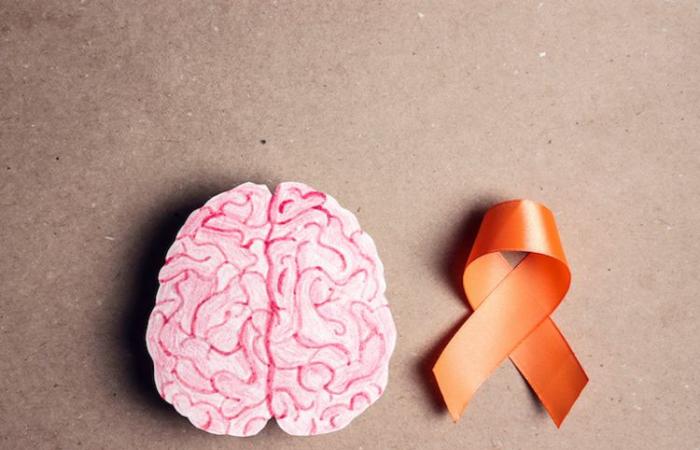VUB researchers have discovered an important link between the G3BP1 protein and amyotrophic lateral sclerosis (ALS), the university announced on Wednesday.
According to scientists, the protein plays an important role in the mechanism of action of the disease. “Cells, the building blocks of our body, contain organelles, small structures that perform crucial functions,” the researchers explain. Until recently, it was thought that these organelles were always surrounded by a protective membrane, but recent discoveries also show that there are membraneless organelles. These membraneless organelles in turn play an important role in processes such as gene regulation and stress responses within the cell.
Among these membraneless organelles are also stress granules, temporary structures that form in the cell in situations of stress, particularly during viral infections. These granules protect important molecules until the stress subsides and the G3BP1 protein plays a key role in this.
“In a specific form of ALS, called C9-ALS, a mutation in the so-called C9orf72 gene causes the production of a series of toxic dipeptide molecules, which bind strongly to the G3BP1 protein and disrupt the normal function of stress granule formation “, explains researcher Margot Van Nerom. In ALS patients, these stress granules no longer work properly, ultimately disrupting normal cellular functions.
This type of discovery constitutes the basis for the development of new therapeutic procedures, according to the researcher.
Access to all features is reserved for healthcare professionals.
If you are a healthcare professional you must log in or register for free on our site to access all of our content.
If you are a journalist or if you wish to inform us, write to us at [email protected].
Belgium






